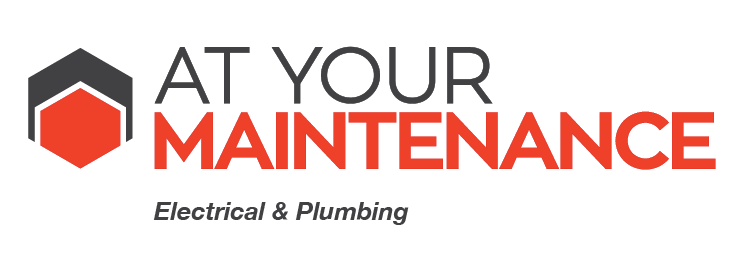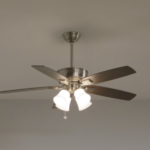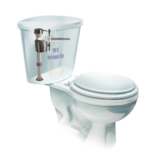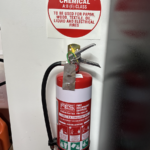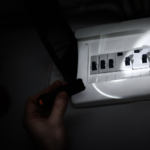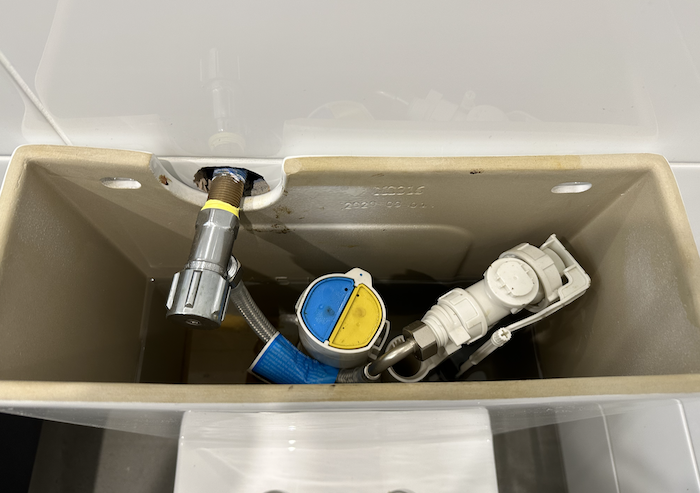
Blocked toilets are a common problem. But when is it bad enough to call in a plumber? Some things you can trouble shoot yourself at home, and some you will need to call in for help.
From unpleasant smells to persistent blockages, these plumbing issues can be a real headache. While many blockages can be cleared away with quick and easy plunging techniques, there are times when more advanced solutions are needed.
When faced with particularly stubborn blockages that seem beyond your capabilities, it’s important to turn to a professional for help in order to get the job done right and avoid any further damage or inconvenience. Don’t let a troublesome toilet ruin your day – reach out to an expert plumbers who have the tools and expertise needed to resolve even the most challenging of plumbing problems.
FIRST UP, WHY IS YOUR TOILET BLOCKED?
Before you pick up the phone to call your trusted plumber, it’s important to assess the situation. Try to figure out how severe the blockage really is.
While it’s often something we’ve flushed down ourselves that causes a blockage in our toilet, there are external factors that can also contribute.
PUTTING THINGS IN THE TOILET
Common problems are excessive toilet paper or hygiene products being disposed of incorrectly. It’s crucial to consider all possible sources of the issue, particularly if your toilet seems excessively backed up and isn’t responding well to standard unclogging methods.
By taking this extra step before calling for help, you may save yourself time and money with an accurate idea of what exactly needs repairing or replacing when your plumber arrives.
HARD WATER VS SOFT WATER
Did you know that hard water could be the cause of your broken toilet? When water is too hard, it can lead to a buildup of limescale in your pipes which can make flushing difficult. Thankfully, there are ways to address this issue by softening your water.
By doing so, you’ll not only improve the functioning of your toilet but also extend its lifespan and reduce repair costs down the line. Don’t let something as simple as hard water damage your plumbing – take action now to prevent future problems!
TOILET MODEL
If you’re struggling with your toilet’s flushing capabilities, it could be due to the model of your low-flush toilet or another poorly designed product.
It’s important to do some research on the specific make and model of your toilet to determine if this is the case. Luckily, there are steps you can take on your own to prevent further issues.
Look into ways you can upgrade or modify your current toilet system for better performance, such as swapping out certain parts or investing in a newer version altogether. Don’t let a faulty design cause unnecessary hassle – take action today and ensure that your bathroom experience is smooth sailing from here on out!
TOILET PAPER CHOICE
If you’re experiencing issues with high absorbency toilet paper or having to flush small amounts down the toilet at a time, there are a few tricks that could potentially help resolve the problem. If you get a toilet paper that is too thick, it may not dissolve very well, which means that it can get stuck in your pipes and cause clogs.
WHEN TO CALL A PLUMBER?
When it comes to plumbing issues, it’s always best to call a professional as soon as you notice that the situation is no longer under your control.
You may;
- Hear unfamiliar gurgling sounds
- See an oddly empty toilet bowl
- An over overflowing toilet
- The toilet is slow to refill
- You have an obstruction
- Your toilet is constantly getting clogged
- A toilet that doesn’t stop ‘running’
Ignoring such symptoms could lead to more complex issues down the line. By requesting help from a plumber early on, you can minimize your chances of encountering recurring problems and making costly mistakes in trying to fix them yourself.
Remember that professionals have the necessary skills, experience, and tools required for diagnosing and resolving even the most complicated toilet plumbing problems quickly and effectively – so don’t hesitate to reach out for assistance!

